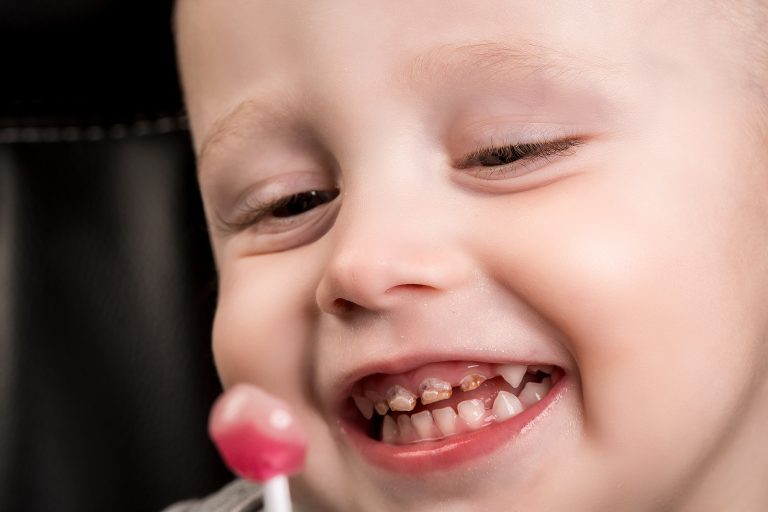Up to 50% of 5-year-olds in England suffer from untreated tooth decay, resulting in pain and, in many cases, the need for dental extractions under general anaesthetic, new research has revealed. The findings, published by researchers at The University of Manchester, highlight the urgent need for effective health policy interventions to tackle the growing problem of dental caries in children.
The study, led by Dr George Kitsaras, Dr Michaela Goodwin, and Professor Tanya Walsh, outlines several ways health leaders can prevent tooth decay in young children. According to the research, initiatives focusing on both children and their families have been shown to produce sustained improvements in oral health habits.
The University of Manchester’s Dental Health Unit, in partnership with Manchester’s Oral Health Improvement Team, has led three key research projects designed to address the problem. Funded by the Medical Research Council, the projects emphasise family involvement and community-based interventions as key factors for success.
One project, the Bedtime Routines Intervention for Children (BRIC), has shown promising results in encouraging better oral hygiene practices. By co-designing a text message-based intervention with parents of young children, the researchers aimed to promote healthier bedtime routines. These included brushing teeth regularly and reducing sugary snacks and drinks before bedtime. The results were positive, with a 16% increase in children brushing their teeth at night and a 24% reduction in sugary snacks consumed around bedtime. Moreover, parents reported improved mood and better overall family functioning.
Another initiative, Leapfrog, focused on school-based oral health promotion. Targeting six primary schools in high-risk areas of Manchester, the programme provided children with toothbrushes, oral health education, and regular text message reminders to support behaviour change. Following the intervention, children showed improvements in brushing habits, with more children brushing their teeth twice a day by the end of the study.
The third initiative, known as HeRo (Healthy Routines, Healthy Teeth), is an ongoing community-based project providing oral hygiene packs and behaviour change techniques aimed at newborns in areas with the highest need. This intervention targets early habits, helping to create a foundation for lifelong oral health.
In their article, the researchers set out several recommendations for policymakers to consider when developing interventions to improve children’s oral health. Firstly, they stress the importance of co-development and co-design with target populations to ensure meaningful results. Interventions must be tailored to local needs and circumstances, moving away from a “one-size-fits-all” approach. Additionally, the researchers advocate for theory-informed, evidence-based strategies that recognise the time needed to form lasting habits and the importance of sustained funding.
The researchers also emphasise the role of technology in supporting behaviour change but caution that it must be applied with clear objectives, including which technologies to use, when, and for whom. Finally, they recommend that school-based oral health support should be simple and engaging for teachers, making it easier to incorporate into daily routines.
With childhood tooth decay continuing to affect large numbers of children, experts are calling for these evidence-backed strategies to be prioritised in public health policy. ‘Brushing up on oral health: how can health policy prevent tooth decay in children?’ by Dr George Kitsaras, Dr Michaela Goodwin and Professor Tanya Walsh is available to read on the Policy@Manchester website.



